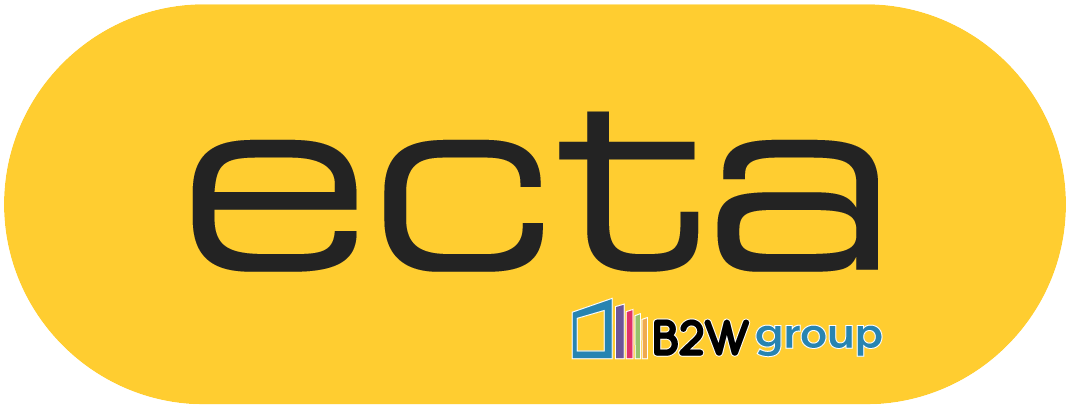A recent report has been launched in Westminster explaining how energy companies must do more to address how they treat the most vulnerable members of society. The research reveals that energy firms are not offering enough help when they receive calls regarding advice about energy bill assistance or cold homes. This comes despite energy being legally recognised as an essential service. Ofgem is responsible for ensuring everyone receives the energy services they need.
Too anxious to call
Dr Aimee Ambrose conducted the recent study, Reaching the Hardest to Reach with Energy Advice, in partnership with Citizens Advice. Speaking to a panel of 26 highly vulnerable and marginalised citizens, with a range of personal complex issues, Dr Ambrose and her team found that citizens would only seek advice when faced with the pressures of paying expensive bills or other stresses from energy companies. When they did ask for help, they felt that they were ‘patronised’ and ‘treated disrespectfully’ by call handlers.
Poor communication
Respondents also said that the automated systems made it difficult to speak with a real person. When they did eventually get through, they were offered a less than satisfactory service. One respondent was repeatedly instructed to read her meter, despite explaining that she was registered as blind.
Dr Ambrose said: “We spoke to some of society’s most vulnerable citizens who we found after approaching them via food banks and homeless shelters, among other places.
“We found that they were only reaching out for help in desperation and, when they did, the advice and support being offered was inadequate and insensitive to their needs. We are asking energy companies and government to do more to ensure our most vulnerable members of society are able to keep warm this winter; access vital energy services at an affordable price; and be treated with dignity and respect.”
Report recommendations
From these findings, the report recommends that energy companies and other service providers should be proactive with ensuring everyone can access their services. They should also do more to help those who are missing out.
The study also urges the government to update the statutory provisions that are written within the Utilities Act to help address the needs of those who may be vulnerable. These should reflect the current approach by Ofgem to understanding vulnerability and energy marketing developments such as smart meters and decarbonisation policies.
As for Ofgem, they should encourage businesses to meet the BSI inclusion standard BSI 18477. This could be done with positive reinforcement such as a reward system.
Finally, the report recommends that energy companies work with vulnerable citizens to gain a better understanding of their circumstances. As a result, this should improve the delivery of service.
The statistics
17 out of the 26 members of the panel had sought help. 12 turned directly to their supplier and 5 turned to a third party for guidance. 23 members of the panel said they would feel more comfortable speaking face to face instead of over the phone when seeking advice. This would help ensure they could be heard properly.
To read the full report, click here.
Offer the best advice with knowledge and expertise from ECTA
As you are the first person people meet with face to face when it comes to their energy usage, having the latest qualifications is essential for going above and beyond with your energy services. At ECTA, we offer a range of courses that will allow you to offer more from your business. Get in touch to find out more.
